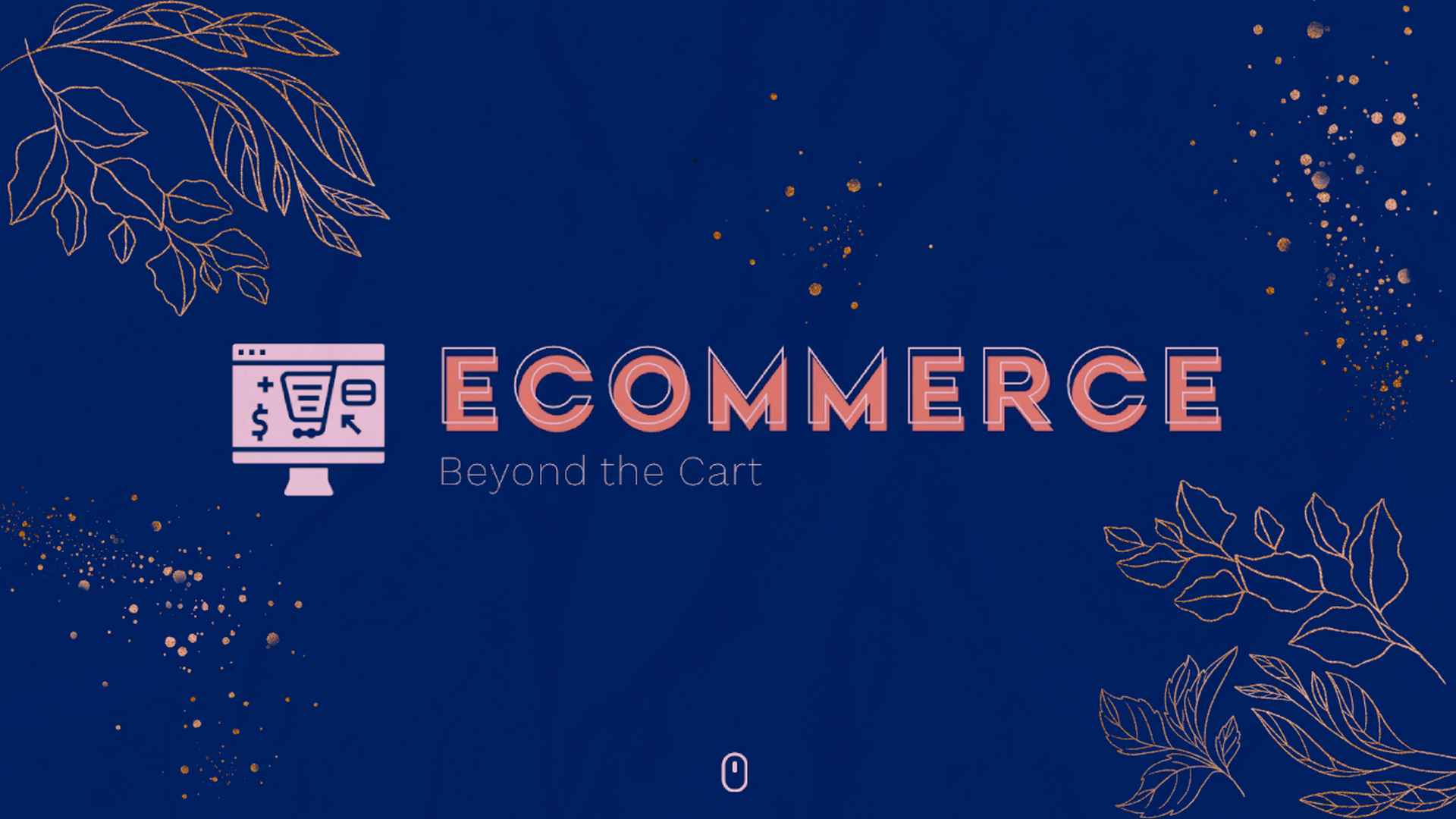Introduction
Building customer loyalty in the ecommerce industry is crucial for sustainable growth and success. In today’s competitive market, where consumers have endless options at their fingertips, retaining customers and keeping them coming back for more is key to long-term profitability. In this article, we will explore the importance of customer retention in ecommerce and provide strategies to build strong relationships with your customers.
The Importance of Customer Retention
Customer retention is vital for ecommerce businesses for several reasons. Not only is it more cost-effective to retain existing customers than to acquire new ones, but loyal customers also tend to spend more and make repeat purchases over time. By focusing on retaining your customer base, you can increase customer lifetime value, boost revenue, and create a loyal following for your brand.
Challenges of Customer Retention
While customer retention is essential, it also comes with its own set of challenges. With the rise of competition in the ecommerce space, retaining customers has become increasingly difficult. Consumers have high expectations when it comes to customer service, personalized experiences, and product quality. To overcome these challenges, businesses need to implement effective strategies to keep their customers engaged and satisfied.
Understanding Customer Behavior
Before diving into customer retention strategies, it’s important to understand customer behavior and what drives their purchasing decisions. Customers today are more informed and empowered than ever before, thanks to the wealth of information available online. They expect personalized experiences, seamless shopping journeys, and exceptional customer service. By understanding your customers’ preferences, pain points, and motivations, you can tailor your retention strategies to meet their needs.
Strategies for Building Customer Loyalty
1. Personalized Marketing
Personalized marketing involves leveraging customer data to create tailored experiences for individual customers. By analyzing customer behavior, purchase history, and preferences, you can segment your audience and deliver targeted marketing messages that resonate with each customer. Personalization can include personalized product recommendations, personalized email campaigns, and customized promotions based on customer interests.
2. Excellent Customer Service
Providing exceptional customer service is a cornerstone of customer retention. Customers value businesses that are responsive, helpful, and attentive to their needs. By offering multiple channels for customer support, resolving issues promptly, and going above and beyond to exceed customer expectations, you can build trust and loyalty with your customer base. Remember, happy customers are more likely to become repeat customers.
3. Reward Programs
Reward programs are a popular way to incentivize repeat purchases and encourage customer loyalty. By offering rewards such as discounts, points, exclusive access to sales or events, and freebies, you can create a sense of value and exclusivity for your customers. Reward programs not only drive repeat purchases but also encourage customers to engage with your brand and become advocates for your products or services.
4. Engaging Content
Creating engaging and valuable content is essential for building customer loyalty. Content marketing allows you to connect with your audience on a deeper level, provide them with useful information, entertain them, and inspire them to take action. Whether it’s through blog posts, videos, social media updates, or email newsletters, engaging content can help you build relationships with your customers, keep them informed about your brand, and encourage them to make repeat purchases.
5. Seamless Shopping Experience
Providing a seamless shopping experience is critical for customer retention. Customers expect a user-friendly website, fast page loading speeds, easy navigation, secure payment options, and hassle-free returns and exchanges. By optimizing your ecommerce platform for a smooth and enjoyable shopping experience, you can reduce friction in the buying process, increase customer satisfaction, and encourage repeat purchases.
6. Customer Feedback
Listening to customer feedback is key to improving your products, services, and overall customer experience. Encourage customers to leave reviews, ratings, and comments about their shopping experience. Use this feedback to identify areas for improvement, address customer concerns, and enhance your offerings to meet customer expectations. By showing that you value customer feedback and are committed to continuous improvement, you can build trust and loyalty with your audience.
7. Social Proof
Social proof is a powerful tool for building trust and credibility with potential customers. Showcase customer testimonials, reviews, ratings, and endorsements on your website and marketing materials to demonstrate the positive experiences of others. When customers see social proof that validates the quality and reliability of your products or services, they are more likely to trust your brand and make a purchase. Social proof can help you build credibility, overcome objections, and influence purchasing decisions.

